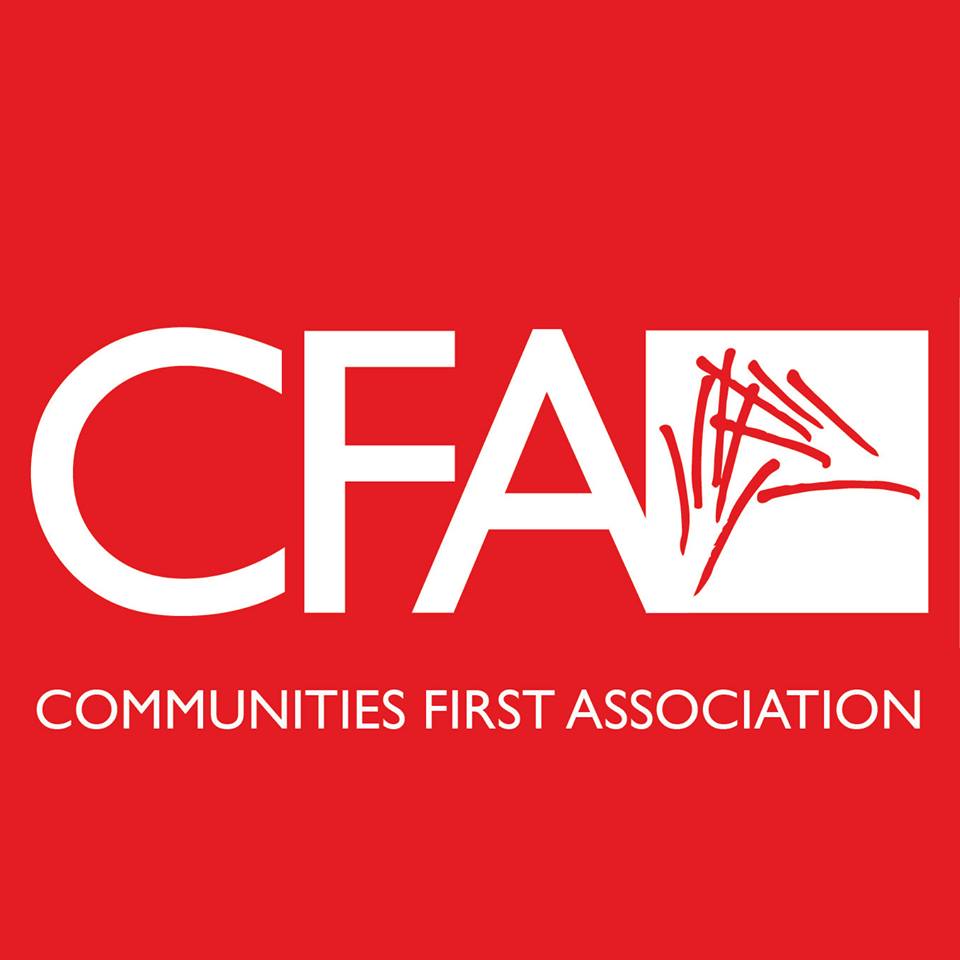
Training and Sustaining Community Developers…
About CFA
CFA’s Vision: Communities across the United States whose well-being (Shalom) has been jeopardized by poverty, injustice, or disaster, are engaged in transformative practices that improve their situations in sustainable ways.
In most poor and declining neighborhoods in the US, a university or a city, or someone comes in and defines a problem that needs to be fixed (kids are failing, the housing is dilapidated, it is unsafe etc) They then create a program to respond to the problem. In that approach an organization that provides a service flourishes and the problem does not go away (it mostly gets worse). The fact is the organization needs the poor to survive…
CFA’s approach is remarkably different because we believe:
- God is already in the neighborhood
- Every neighborhood has something to work with – to produce their solutions.
- The most overlooked gift is the gift of each individual; Isolation is the greatest enemy of progress for individuals and neighborhoods.
- Ownership and participation are two sides of the same coin.
- The greatest gift is building a culture of “together we can”, and “everyone is has a part”.
CFA does this by applying principles and practices of Asset Based Community Development (ABCD).
- Develop habits of community listening that result in:
- Discovering what residents care about – enough to act on it
- Discovering accessible gifts in the community; Every community has funds, talent, property and gifts to work with.
- Develop community action groups to act on what they care about
- Develop leadership in those action groups
- Build community organizational capacity to sustain ongoing dreaming, listening, acting and evaluating progress.
Neighborhood Transformation:
Individuals and neighborhoods are transformed when working together residents share time, talent and treasure and together address immediate and future needs, and when they start naming and changing the systems that perpetuate poverty.
